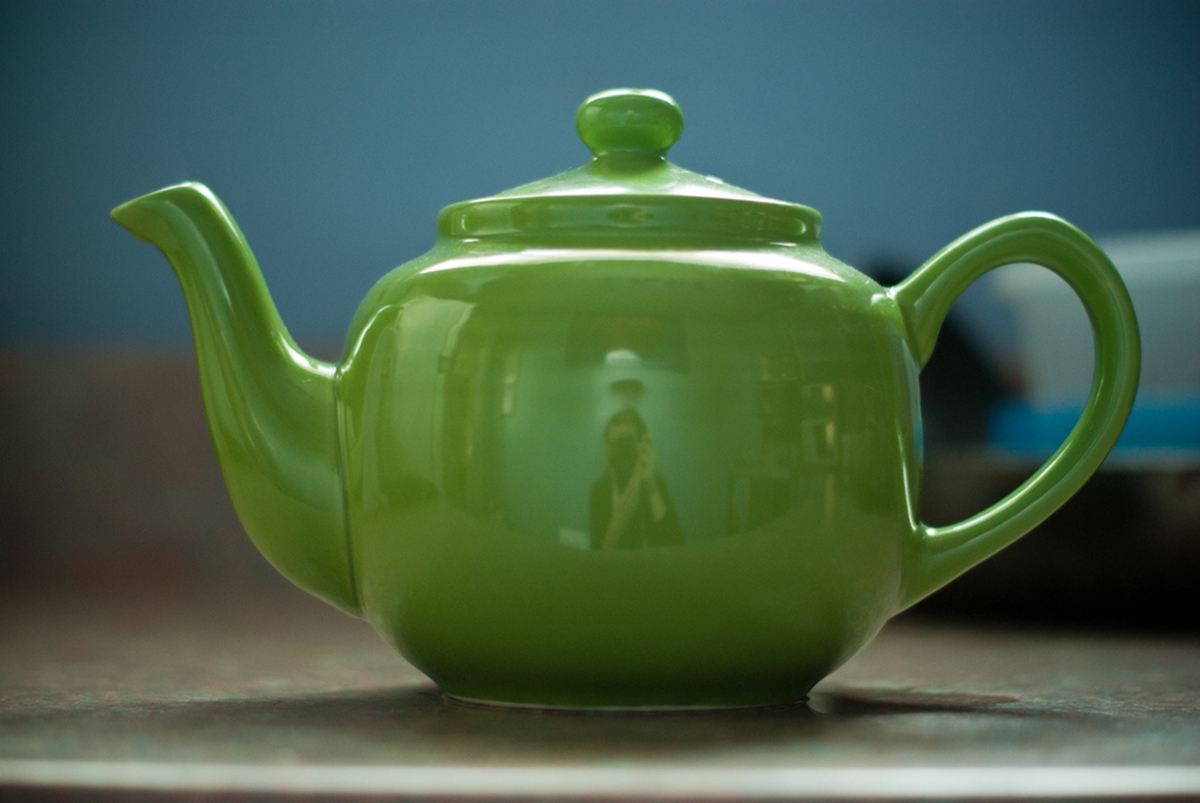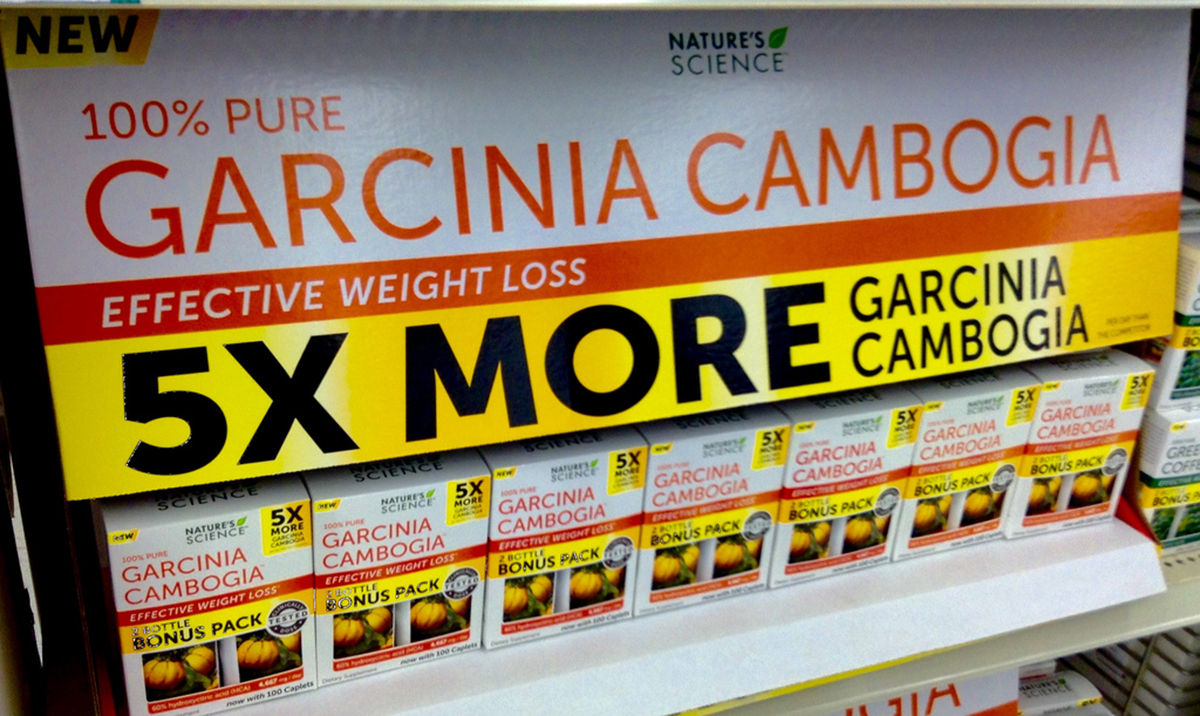Herbal medicine, for the most part, is gentle medicine. Sometimes, however, using the wrong herb in the wrong way can have unanticipated toxic effects, especially for the liver. Here are five herbs to use with care, especially if you already have liver disease.

1. Green Tea
Green tea is not an herb you would expect to find associated with liver disease. After all, more than one study has found that occasional to moderate use of green tea actually improves liver function as measured by ALT and AST levels (enzymes that measure the death of liver cells). There have been studies that have found that drinking green tea and/or taking green tea extract slow down the process of fat deposits in fatty liver and reduce the risk of liver cancer. However, there is one situation in which the antioxidant function of epigallocatechin gallate (EGCG) in green tea extract is potentially harmful:
Taking green tea extract while fasting may induce liver injury.
Sometimes a large dose of an antioxidant becomes a pro-oxidant, a compound that does the exact thing that it is intended to prevent. That may be what happens when people take green tea extract when fasting. There have been, as of April 2016, 27 cases of liver injury linked to green tea extracts, this in millions of users. However, it is extremely simple to avoid the problem. Take green tea extract with meals.
2. Herbalife
Herbalife is a company that produces a variety of astonishingly popular herbal products. Although sales have declined significantly in recent years, gross sales of Herbalife products were over $5 billion in 2013, and the company has over 3.2 million distributors in at least 95 countries and potentially over 10 million customers.
Over a period of about 10 years there were dozens of reports of liver toxicity after using Herbalife products, one in Argentina, two in Venezuela, five in the United States, 12 in Switzerland, 12 in Israel, and 20 in Spain. There were several cases of acute liver injury that required a liver transplant. There were many cases of liver damage resulting in cirrhosis with long-term reduction in liver function. Because nearly all of the consumers who suffered liver damage were taking multiple Herbalife products, but they did not all take the same products, it was impossible to determine which component of any of the formulas, if the problem was a single herb, was accountable for liver injury.
READ Tea And Coffee May Protect Liver Health
Predictably, regulatory officials in multiple countries placed Herbalife products under intense scrutiny. No single causative agent was ever found. When eight of the Herbalife users who had developed liver problems accidentally used one or more products again, only one developed new symptoms of liver toxicity. Six of the eight, however, "may" have had been exposed to a toxin in Herbalife. They simply took so many other medications and supplements that it was impossible to determine the source of their new liver problems.
It's highly unlikely that Herbalife would cause you liver damage. Just limit your risk by adding one new supplement at a time, say, every other month. That way you and your doctor will be in a better position to know what is causing you problems should symptoms of liver damage appear.
Three More Potentially Hepatotoxic Common Herbs
The next two herbs we will discuss are diet aids tend that have been implicated in liver damage.
3. Garcinia cambogia and Hydroxycut
Garcinia cambogia (now known by its updated scientific name Garcinia gummit-gutta) is a South Asian tropical fruit that looks a lot like a pumpkin, except that it grows on a tree. Garcinia is popular in weight loss formulas, particularly a now-banned product known as Hydroxycut.

The way garcinia helps people lose weight is through its content of hydroxycitric acid (which also affects its usefulness in cooking dishes such as sour curry). Unfortunately, when a product made with garcinia standardized to contain 50 percent hydroxycitric acid was tested in a weight loss trial by scientists at St Luke's–Roosevelt Hospital and Columbia University in New York City, taking garcinia was found to reduce weight loss. People who took the herb on average a kilogram (2 pounds) more than people who didn't at the end of 90 days.
Over 130 people developed liver failure after taking an older formulation of the weight loss aid Hydroxycut with Garcinia cambogia. Even the new product, which came out in 2015, has also caused some people to have severe liver inflammation. Two people have had to have liver transplants after taking just the herb.
There is a situation in which Garcinia actually does work for weight loss. People who are trying to lose weight by reducing calories, rather than by emphasizing protein, may get some benefits from taking the herb. But anyone who uses the herb should exercise caution.
4. Ephedra
Ephedra, also known by its Chinese name ma-huang, is one of the most important traditional Chinese herbs. It is used in hundreds of herbal formulas as a stimulant, usually to break up phlegm and ease congestion. Ephedra contains both ephedrine and pseudoephedrine. Because these chemicals can be cooked to make methamphetamine, the herb is almost completely banned in the United States and several other countries. It is still available, however, in Latin America, Asia, and some European countries that are not part of the European Union.
Liver injury is not the most common result of misusing ephedra products, but at least 10 people have had to have liver transplants after using weight loss products that contain ephedra. Liver damage can become irreversible in as little as six weeks of use. Like Garcinia, ephedra is an herb you simply shouldn't use except under medical supervision, and you won't be able to use legally in the United States. Ephedra is effective, but it's not always safe.
READ Herbs to Boost and Build a Healthy Immune System
5. Kava
Kava, also known as kava-kava, is an herbal preparation made by chewing the roots of the plant Piper mystericum. This peppery-tasting herb is chewed and spat out into a shared cup for a traditional kava ceremony not for those squeamish about germs. It is also processed into sleep aids and anxiety remedies that are used all over the world. Kava works in the way as benzodiazepine tranquilizers and it works quite well for relieving anxiety and insomnia.
Kava has been restricted at times in both the US and the EU due to over 100 reports of liver damage. If you were to read the actual medical reports about liver damage and this herb, you would find that most people who suffered serious liver damage after taking the herb already had serious liver problems, but kava can be the herb that puts their liver function "over the edge." If you have existing liver disease, kava is likely to be just too much.
- García-Cortés M, Robles-Díaz M, Ortega-Alonso A, Medina-Caliz I, Andrade RJ. Hepatotoxicity by Dietary Supplements: A Tabular Listing and Clinical Characteristics. Int J Mol Sci. 2016 Apr 9
- 17(4). pii: E537. doi: 10.3390/ijms17040537. Review. PMID: 27070596.
- Teschke R, Frenzel C, Schulze J, Schwarzenboeck A, Eickhoff A. Herbalife hepatotoxicity: Evaluation of cases with positive reexposure tests. World J Hepatol. 2013 Jul 27
- 5(7):353-63. doi: 10.4254/wjh.v5.i7.353. PMID: 23898368.
- Photo courtesy of theaudiochick: www.flickr.com/photos/theaudiochick/5385120043/
- Photo courtesy of jeepersmedia: www.flickr.com/photos/jeepersmedia/16361591807/
- Photo courtesy of jeepersmedia: www.flickr.com/photos/jeepersmedia/16361591807/
- Photo courtesy of theaudiochick: www.flickr.com/photos/theaudiochick/5385120043/

